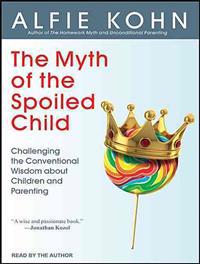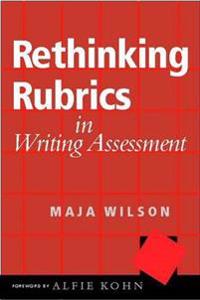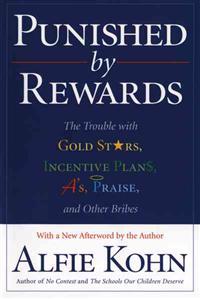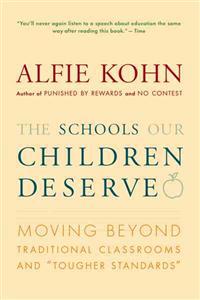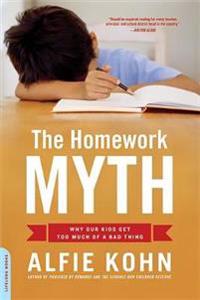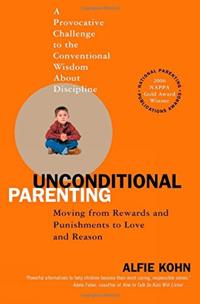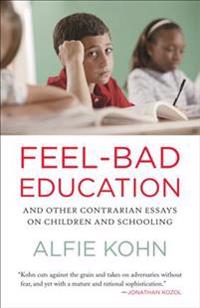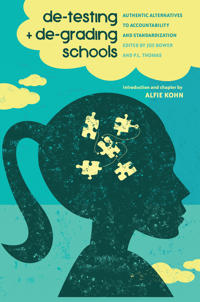The Myth of the Spoiled Child: Challenging the Conventional Wisdom about Children and Parenting (Övrigt)
avAlfie Kohn, Alfie Kohn
ISBN: 9781452669755 - UTGIVEN: 2014-03Somehow, deeply conservative assumptions about how children behave and how parents raise them have become the conventional wisdom in our society. It's widely assumed that parents are both permissive and overprotective, unable to set limits and afraid to let their kids fail. We're told that young peo[...]
Rethinking Rubrics in Writing Assessment (Häftad)
avMaja Wilson, Alfie Kohn
ISBN: 9780325008561 - UTGIVEN: 2006-02No Contest (Pocket)
avAlfie Kohn
ISBN: 9780395631256 - UTGIVEN: 199211Argues that competition is inherently destructive and that competitive behavior is culturally induced, counter-productive, and causes anxiety, selfishness, self-doubt, and poor communication[...]
Punished by Rewards (Pocket)
avAlfie Kohn
ISBN: 9780618001811 - UTGIVEN: 199909The basic strategy we use for raising children, teaching students, and managing workers can be summarized in six words: Do this and you'll get that. We dangle goodies (from candy bars to sales commissions) in front of people in much the same way we train the family pet. Drawing on a wealth of psyc[...]
The Schools Our Children Deserve (Pocket)
avAlfie Kohn
ISBN: 9780618083459 - UTGIVEN: 200009Two forces now dominate the theory and practice of American education. The first, using the language of "tougher standards" and "accountability," is a heavy-handed, top-down, test-driven version of school reform which assumes that harder is always better. The second is an aggressive traditionalism t[...]
The Homework Myth (Häftad)
avAlfie Kohn
ISBN: 9780738211114 - UTGIVEN: 200710This work is a compelling expose of homework - its negative effects, why it's so widely accepted, and what we can do about it. Whilst they're free of many of the worries of adulthood, one of the inevitable downsides faced by kids is the idea that after spending the day at school, they must complete [...]
Unconditional Parenting (Häftad)
avAlfie Kohn
ISBN: 9780743487481 - UTGIVEN: 200604The author of Punished by Rewards and The School Our Children Deserve builds on his parenting theories of working with children rather than trying to control them, argues against practices that teach children that they must earn a parent's approval, and presents techniques that promote desired child[...]
What to Look for in a Classroom (Pocket)
avAlfie Kohn
ISBN: 9780787952839 - UTGIVEN: 200001From self-esteem to school uniforms, from grade inflation to character education, Kohn raises a series of provocative questions about the status quo in this collection of essays. He challenges us to reconsider some of our most basic assumptions about children and education. Whether he is explaining [...]
Beyond Discipline: From Compliance to Community (Häftad)
avAlfie Kohn
ISBN: 9781416604723 - UTGIVEN: 200608De-testing and De-grading Schools (Pocket)
avJoe (EDT) Bower, P. L. (EDT) Thomas, Alfie (INT) Kohn
ISBN: 9781433122392 - UTGIVEN: 2013-06A century of education and education reform along with the last three decades of high-stakes testing and accountability reveals a disturbing paradox: Education has a steadfast commitment to testing and grading despite decades of research, theory, and philosophy that reveal the corrosive consequences[...]

